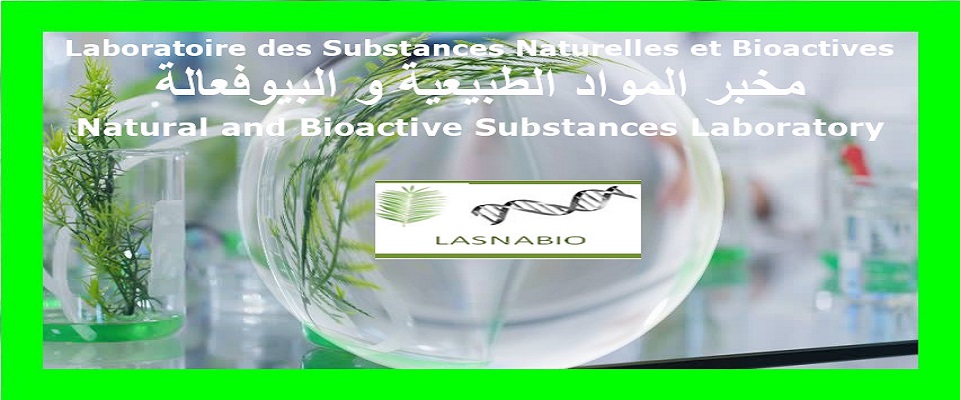. Brief description:
With an area of over 2.382 million km2, Algeria is the largest country in the Mediterranean basin. Three-quarters of the country is made up of steppe and Saharan areas known to present a great plant biodiversity represented by more than 1600 species including a good proportion of endemic and threatened species. Thus, more than 600 useful plants have been counted, including 200 Aromatic and Medicinal species (PPAM) capable of supplying essential oils, 25% of which are endemic. These PPAMs are used before or after processing in various fields such as perfumery, cosmetology, aromatherapy, pharmacy, food additives. They therefore constitute products with high added value. More particularly, the essential oils industry represents an important branch of the agricultural economy of Algeria, and moreover, it contributes to the protection of the environment and in particular to the preservation of spaces and species. The PPAM and essential oil production sector in Algeria is poorly understood (lack of information and statistics), there remains the work of personal initiatives (herbalists, itinerant distillers, etc.). But since 2003, Algeria’s agricultural policy has encouraged the cultivation and enhancement of PPAMs through the implementation of Rural Development Projects. The PPAM sector in Algeria is currently in full structuring and its expansion will help to alleviate the rural exodus by increasing the income of farmers and generating jobs for the inhabitants of the region. It should help absorb a high demand for qualified jobs.
Training through research (synthesis of new molecules or transformation of molecules from natural products), development (bioactive molecules) and design (new drugs for pharmacy).
Molecular modeling has experienced tremendous growth in recent decades. It turns out to be a tool of choice in chemistry, biology, medicine, pharmacy and more generally in bioinformatics. It makes it possible to determine the structures of chemical and biological molecules, to predict conformations, to anticipate enzyme / substrate and protein / receptor interactions and to study conformational paths linked to the activity of complex macromolecules.
As much information which makes it possible in pharmaceutical chemistry, for example, to orient the synthetic routes of an active product or to be freed from experiments often heavy and expensive in molecular biology or other experimental attempts. In Algeria, molecular modeling is only in its infancy with the establishment of new chemistry and biology units / centers equipped with adequate computer equipment for intensive computing.
Molecular modeling remains a valuable research tool that can interact with all the skills retained within the laboratory.






